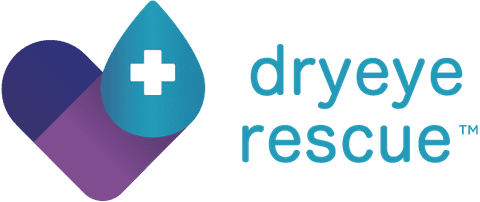
The optical nerve sends visual messages from your eyes to the brain, making it vital for good vision. Unfortunately, damage can occur to the nerve due to high optical pressure. The result is glaucoma. Glaucoma can occur at any age, but it is the leading cause of blindness in those over 60 years.
The effects of glaucoma are so gradual that you will not notice until it is too late. Hence, it is vital to know if you are at risk. It will let you take the proper precaution and schedule regular eye exams. Here are some of the people who need to be cautious.
Over 55 Years
Those over 55 years need to be cautious about getting glaucoma. However, it depends on different factors. In African Americans, the risk increases at around 40 years. It pays to understand and learn if there are other factors you may need to consider.
Race
Caucasians have less risk of developing glaucoma than African Americans. Those of Native Alaskan and Asian descent have a higher risk of developing angle-closure glaucoma. Low-tension glaucoma is more likely to develop in those of Japanese descent. Schedule regular eye exams if you fall into any of the following categories. It will prevent you from suffering permanent vision loss.
Family History
Some people come from families with a history of developing glaucoma. The most common hereditary glaucoma condition is primary open-angle glaucoma. With it, the drainage angle between the cornea and iris remains open. However, other parts drain poorly, leading to a slow and gradual increase in intraocular pressure.
You need to talk to your doctor and schedule regular eye exams if you fall into this category. That way, you will avoid blindness and visual impairment. However, it does not necessarily mean you will develop the condition.
Medical Conditions
Some medical conditions put you at risk of developing glaucoma. These conditions include migraines, diabetes, and high blood pressure. You must book an appointment with your eye doctor if you suffer from these diseases. He/she will help you manage your condition and care for your eyes.
People who have thin corneas are also at risk of getting glaucoma. The thinness of the cornea determines the intraocular pressure, the risk increasing as your corneas become thinner. It also increases the probability of glaucoma progressing rapidly.
Use of Corticosteroid Medication
Corticosteroids act like hormones. Studies show that long-term use puts you at risk of getting glaucoma. Most at risk are those who have severe asthma. It is especially prevalent in those who require 14 to 35 puffs of the inhaler a day. Other corticosteroids you should be careful with include hydrocortisone, cortisone, and prednisone.
Physical Eye Trauma
Severe trauma can increase intraocular pressure. The damage may be immediate, or it may take time. Either way, you need to book an appointment with your eye doctor. He/she will perform an examination and give you the steps to take care of your condition.
For more on who is most at risk of getting glaucoma, call Westchester Eye Care Center at (310) 670-1888 to reach our Los Angeles, California office.












